The time had finally come: the residents of Turmusayya, a lush Palestinian village nestled in a valley between Ramallah and Nablus in the central occupied West Bank, had gotten permission from Israeli authorities to go harvest their olive trees.
This chance only came twice a year: two days in the spring to cultivate their land, and two days in the fall to harvest the olives.
Filled with excitement and a sense of urgency, the villagers made their way to their farmlands, which are surrounded by an Israeli settlement and outpost. When they arrived, they were devastated to find dozens of trees chopped down, uprooted, and rotting.
The 40 olive trees belonged to 78-year-old Palestinian Mahmoud al-Araj, who had been tending to the trees since he was a boy.
“Some of these trees are 40, 50, 60, and 70 years old,” al-Araj told Mondoweiss, as he sat under the shade of a large olive tree that had been slashed at its trunk.
“I have been cultivating these trees, this land, since I was a boy. We helped our families and tired ourselves on this land so we could provide for our children and the future generations,” he said.
Pointing to the illegal Israeli outpost of Adei Ad, which was built on lands of Turmusayya, just a few hundred meters away, the distress in al-Araj’s voice intensified.
“We give everything we have to our land and to these trees, and then the settlers come and destroy it all.”
Settler attacks an ‘inevitable’ part of the harvest
“When we saw the trees like this, we didn’t call Mahmoud because we were scared he would have a heart attack,” Said Hussein, a relative of Al-Araj told Mondoweiss, as he helped al-Araj up the rugged pathway to his olive grove.
Hussein, who owns several businesses in America, spends his time between Chicago and his birthplace, Turmusayya. He owns several acres of land in the village, most of which he is not able to access at all.

“I own 114 dunums (28 acres) of land in and around Turmusayya,” Hussein told Mondoweiss as he gestured to rolling hills in the distance, “but I only have access to around 30 dunums. And even those 30 dunums, I have to get permission from the Israelis to access it.”
Hussein says his family used to own nearly 1,000 olive trees on village land. Now that number stands somewhere between 150 and 200 trees.

“Before the settlers came, we used to enjoy coming here to the land to not only work on it, but to enjoy it as a family and even have a picnic,” Hussein said, smiling as he recalled fond memories of his youth.
“Every Friday we would come here to sit under the trees and eat and enjoy together,” he said. “Now, we are only allowed here four days in the year, and we can’t even enjoy it because we are trying to get the work done in time.”
According to Hussein, Israeli restrictions on the farmers of Turmusayya began in 1998, the same year that the Adei Ad outpost was established.
“They would make it harder and harder for us to access the land, until around 2002 it became official that we had to get Israeli permission to access the land,” he said.
Hussein maintains that four days out of the year is not nearly enough time to tend to the olive trees and the land.
“These trees, you have to love them and care for them as if they are your children. The land needs constant upkeep to pick out the weeds, trim the branches of the trees, and so on,” he said. “How are we supposed to do all of this in just a few days?”
“On top of it, when we do get the chance to come, we can’t even fully enjoy the land because we have to constantly be watching our backs for the settlers who come to harass us and attack us while we are working,” he went on.

Hussein told Mondoweiss that he has been the victim of several settler attacks over the years.
“They have sprayed my trees with poison and killed them, they have chopped and uprooted trees, and they have set fire to my car and broken my windows when I was working on the land,” he said.
“Settler attacks have become another inevitable part of the olive harvest,” he said shaking his head. “It is bound to happen, every year.”
‘The olive trees are an enemy of the settlers’
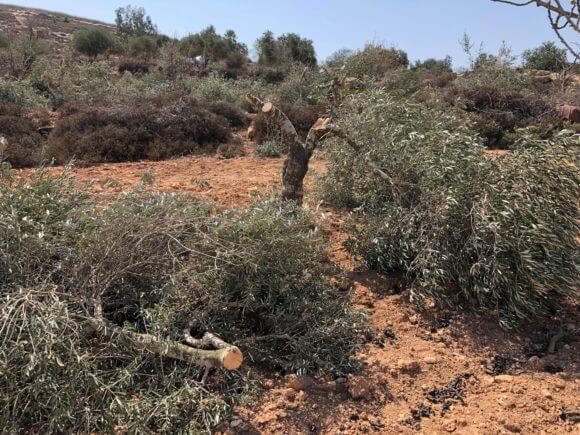
Hussein and al-Araj’s cases are not unique. In Turmusayya, nearly 60% of the village’s 4,350 acres of land lies in Area C — the area of the West Bank under full Israeli security and civilian control where Palestinian construction or work on the land is prohibited.
Most of the land in Area C is farmland, planted mostly with olive trees, as well as grape vines, wheat, and other crops.

According to municipality official Wadi Abu Awwad, 65, the director of land surveying in Turmusayya, all 11,000 residents of Turmusayya own some piece of farmland in the area, making agriculture one of the most significant parts of life in the village.
Turmusayya is surrounded by five Israeli settlements and outposts on the North and East sides of the village, making it susceptible to frequent settler attacks.
“Since 1990, or even before, Turmusayya and the villages around us have suffered alot,” Abu Awwad told Mondoweiss in his municipality office. “The settlers have cut thousands of olive trees over the years, the have broken and burned peoples cars, and their attacks have resulted in the deaths of four people.”
In 2014, Abu Awwad says settler chopped down around 2,000 trees. “They do anything they can to get us to leave the land, they drill holes in the trees and poison them and spray them with pesticides.”
Throughout his tenure at the municipality, Abu Awwad has filed more than 93 complaints to Israeli authorities against the settlers. He says that not a single one has ever lead to an arrest.
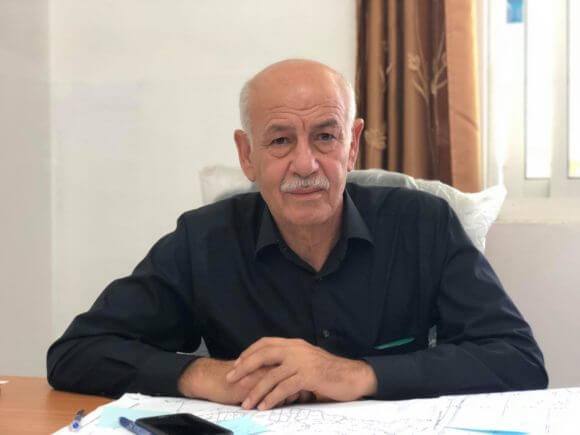
“The soldiers always say we have no proof, and they try to say that maybe we have ‘enemies’ in the village who cut the trees down.”
A few years ago, according to Abu Awwad, a settler dropped his ID at the scene of an attack on the olive trees. “We showed the ID to the soldiers and said ‘look, we have proof’, but they said it wasn’t enough, and that the settler had just happened to lose his ID in the area.”
“But we are sure, that every time there is an attack on the village’s trees or property, it is the settlers,” he said.
“Why is it that we only lose trees in the areas close to the settlements? Turmusayya valley is huge, and there are many trees within the village that never get touched. It’s because the settlers don’t have access to those.”
Abu Awwad, like many other Palestinian victims of settler attacks, believe the settlers target agriculture as part of a long term strategy to push Palestinians off their land.
“The olive trees are an enemy of the settlers. Because, if you have your land planted it means you will keep going there,” he said. “They want the land not to be cultivated so they can get it by the ottoman law which says if you don’t cultivate for five years the government has the right to take the land.”
Despite decades of attacks from the settlers, Abu Awwad says he has faith in the people of Turmusayya to never give up on their land.
“They think by cutting the trees they can make the farmers give up, but this has never happened and it never will,” he said.
“Whenever they cut it, we always go back and plant it again.”

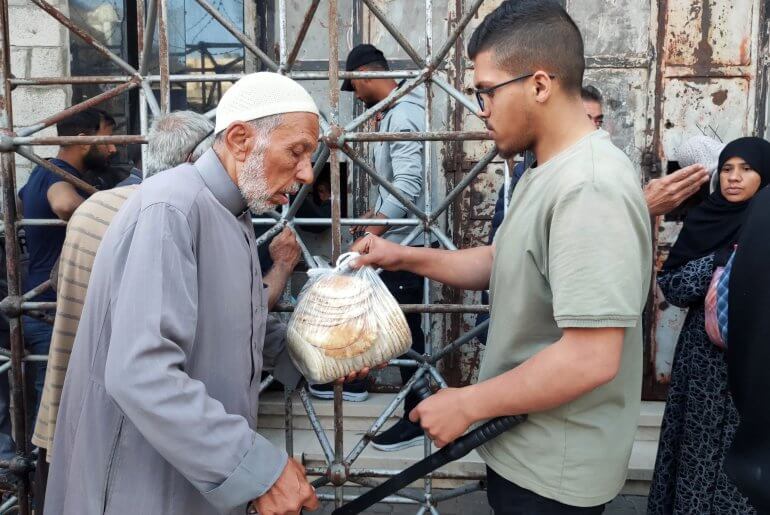
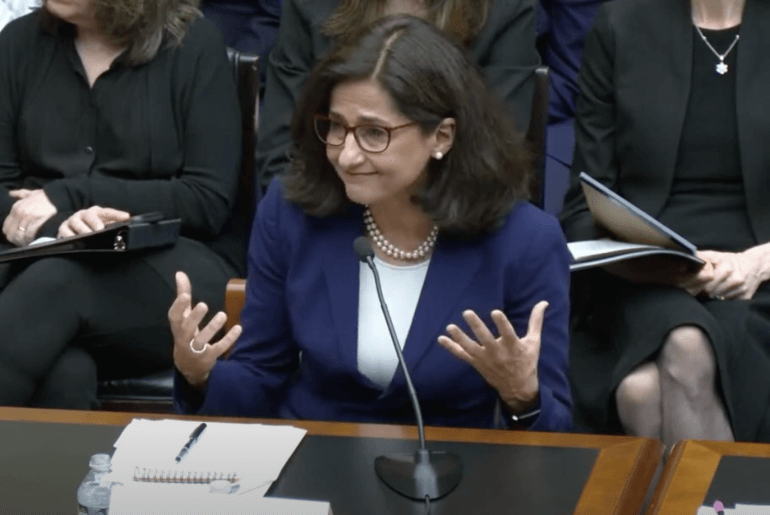
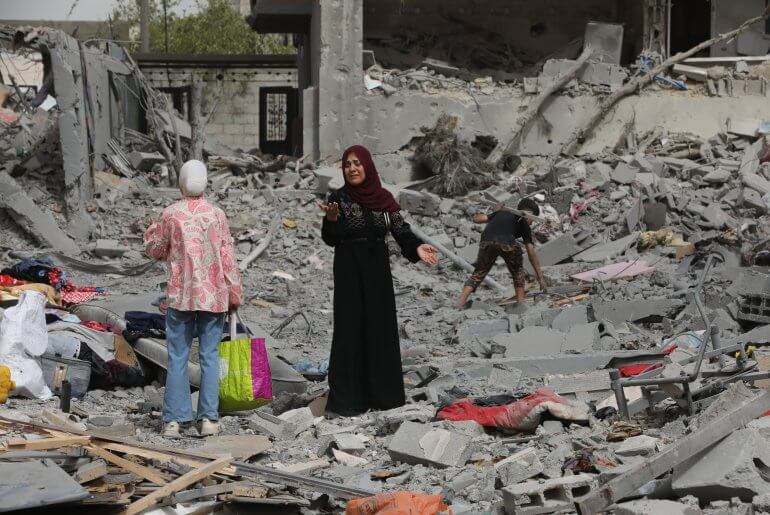
We see this happen every damn year, and no one seems to want to help these poor people.
Every year when the olives are ready for harvesting, the zionist settlers get greedy and vicious.
Filthy habit.
Perhaps the UN should send peace keeping troops to guard the property and keep the few Palestinian products, that give them some revenue, safe from one of the most vicious people in that region, who keep stealing, and tormenting those who are powerless. Why aren’t the zionist leaders doing something to keep their crooks under control, and why are they enabling them by staying silent… and they wonder why they are disliked! Here is one of the reasons.
Israeli settlers the most coddled terrorists in the world
US Supreme Court Justice Ruth Bader Ginsburg
decorates her chambers with an artist’s rendering of the Hebrew phrase from Deuteronomy, “Zedek, zedek, tirdof”, (“Justice, justice shall you pursue”).
Israel is a cesspit.
I have met olive farmers in Palestine who have financed university for 3 or 4 kids from their olive sales. Nothing is more Palestinian//Holy Land than the olive tree. Destroying these trees is like poisoning the land itself.
Each time I read/see such stories, it engenders anger and sadness. Genuine faith (absent here) might temper the outrage since it would carry with it a certainty that (barring any Faustian, last-minute repentances; and repentance not being a prominent Zio-pathic trait) these bastards would rot in Hell for all time. For this secular mortal, however, some retribution in the here-and-now for the vicious, land-thieving vandals would not go amiss.